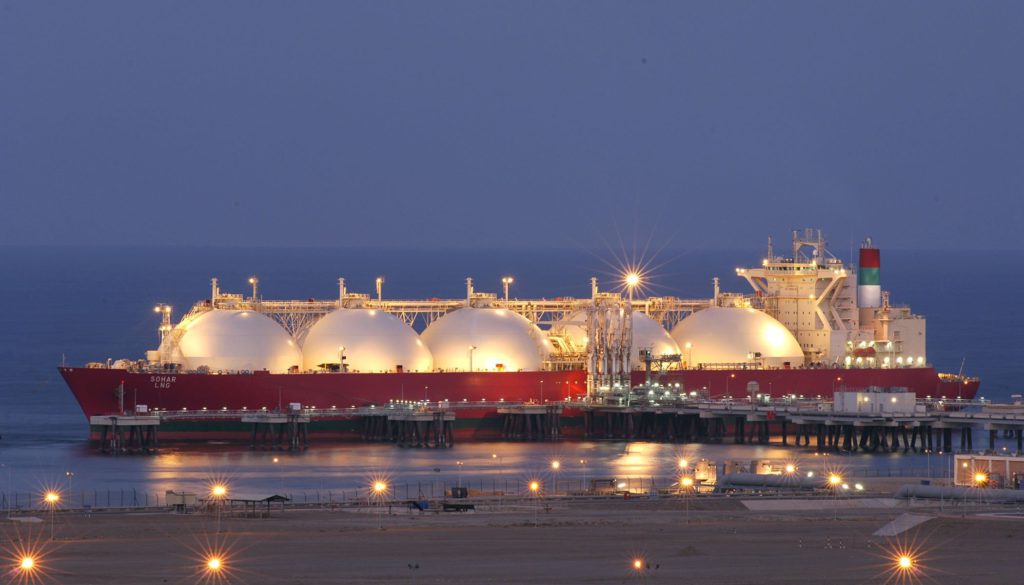Vitol hires Glencore, Trafigura iron ore traders in metals push

Vitol Group is poaching iron ore traders from rivals Glencore Plc and Trafigura Group, as the world’s biggest oil trader ramps up its efforts to expand into metals.
Vitol has been in talks to hire some of Glencore’s iron ore team, and some members have already quit and will be joining Vitol, according to people familiar with the matter, who asked not to be identified discussing private information. Vitol is also hiring the former head of China iron ore trading for Trafigura, some of the people said.
The moves are the latest evidence of how big energy traders are using some of the mega profits earned in oil and gas to aggressively expand into metals markets, which have long been dominated by Glencore and arch rival Trafigura. Mercuria Energy Group Ltd. recently appointed Kostas Bintas, the former co-head of metals at Trafigura, to lead a push into metals and has added more than a dozen staff to the business in the past few months.
Vitol, which recorded earnings of more than $28 billion in the past two years, is returning to metals after exiting the business several years ago. Bloomberg reported last year that it had hired a veteran iron ore trader, and the company has tapped two aluminum traders from Mercuria as well.
The departures from Glencore include originator Denis Weinstein, and Kunal Ahuja who worked across multiple commodities including iron ore, who have already agreed to join Vitol, according to the people.
Peter Hill, Glencore’s head of iron ore, plans to stay with the company, according to one of the people.
Julian Ho, who was previously head of China iron ore trading at Trafigura, is also joining Vitol, some of the people said.
Spokespeople for Glencore, Vitol and Trafigura declined to comment.
Glencore runs one of the biggest third-party trading books in the iron ore market, and last year sold more than 70 million tons. The business is unusual because the company doesn’t own any of its own mines to underpin the trading operations — unlike in other commodities like copper, nickel or coal where Glencore is a major producer.
Iron ore prices have tumbled this year amid concerns about Chinese steel demand and overcapacity. The prospect that higher-cost mines may be forced to curtail or close altogether means that the market may experience a prolonged period of volatility, which creates opportunities for traders to profit.
Other commodity trading houses have also been seeking to grow in iron ore. Bloomberg reported earlier this month that Trafigura had struck a $400 million prepayment deal for iron ore with Mineral Resources Ltd.
(By Archie Hunter, Alfred Cang and Anna Shiryaevskaya)
{{ commodity.name }}
{{ post.title }}
{{ post.date }}




Comments